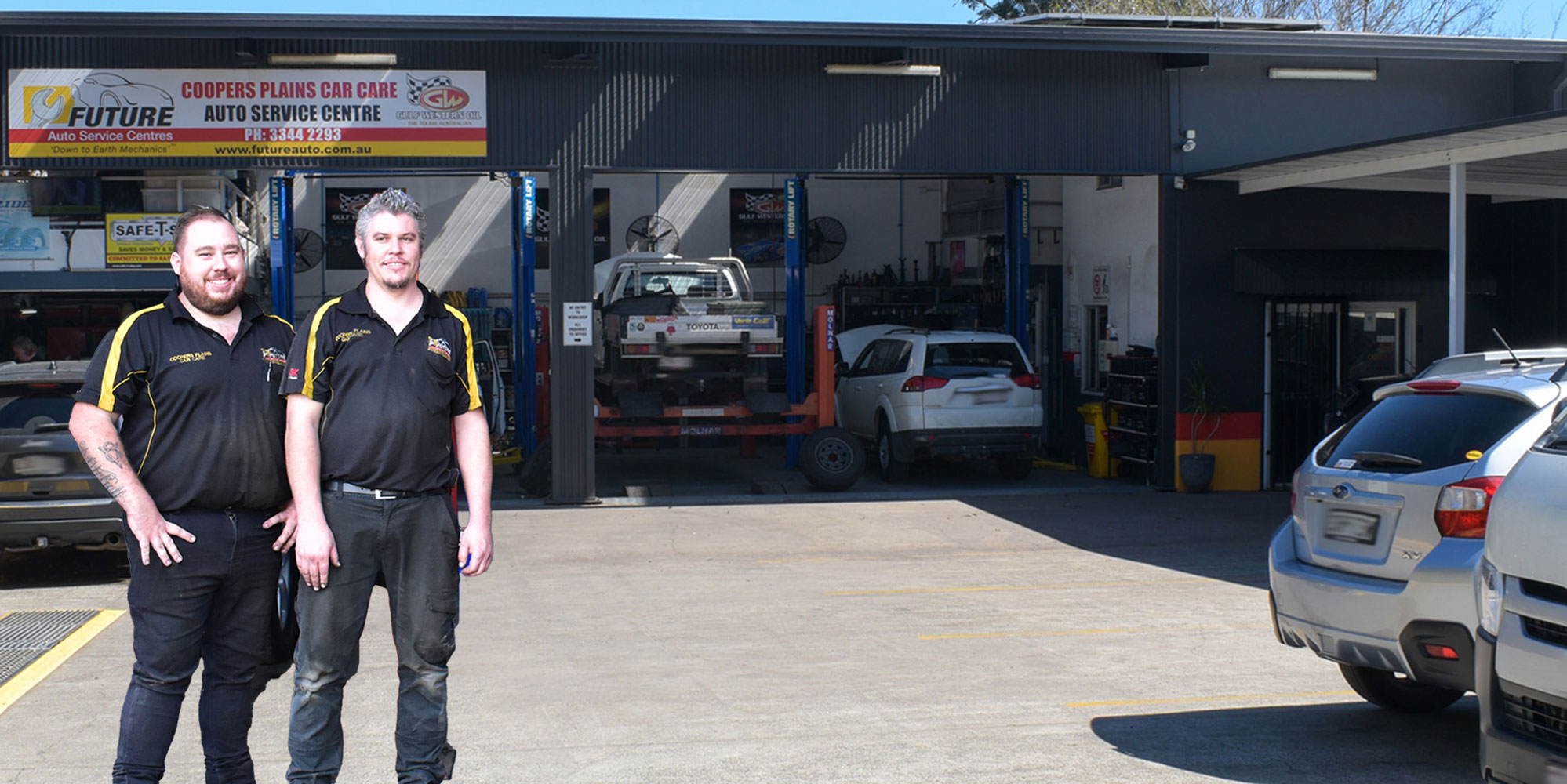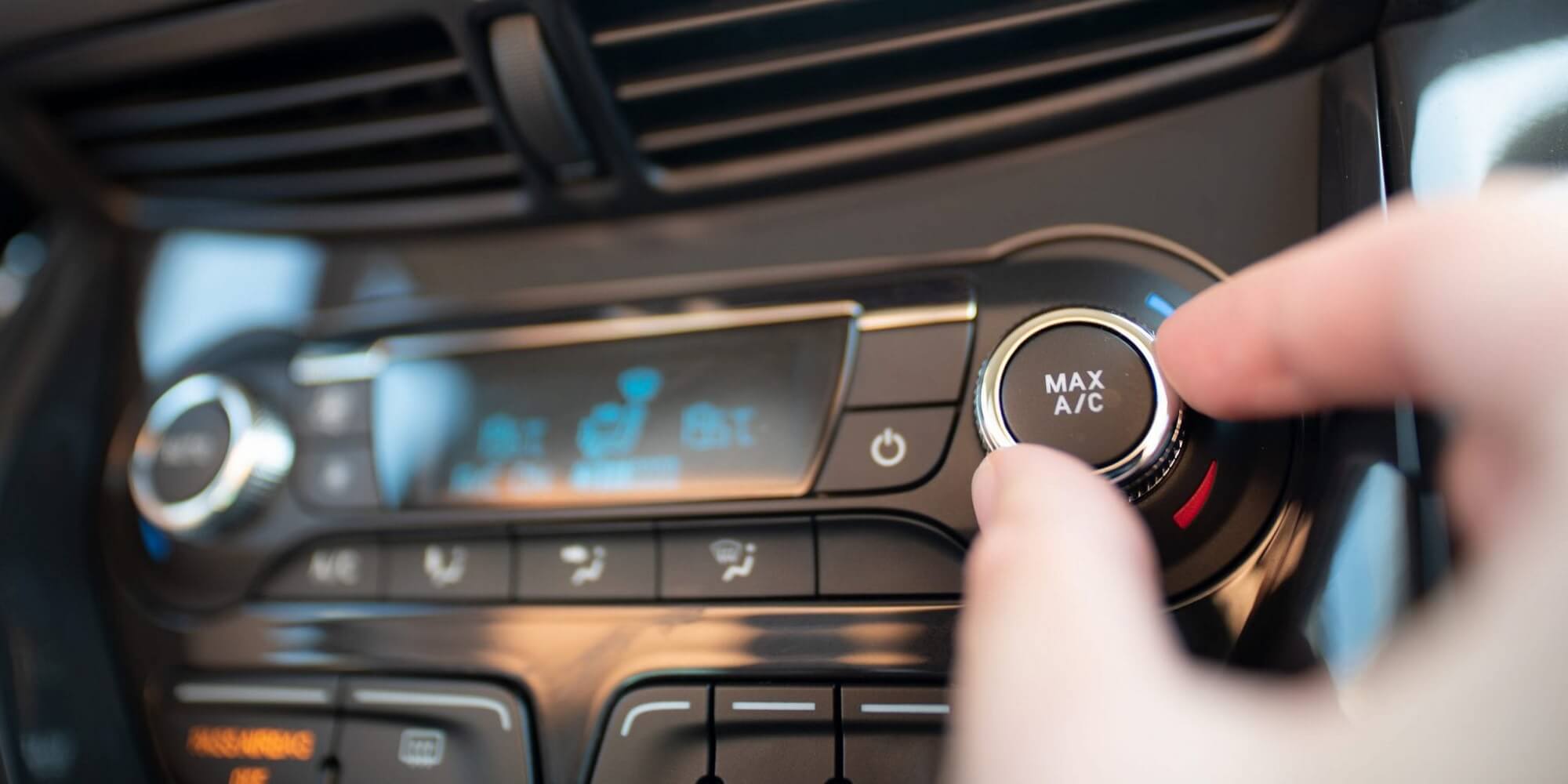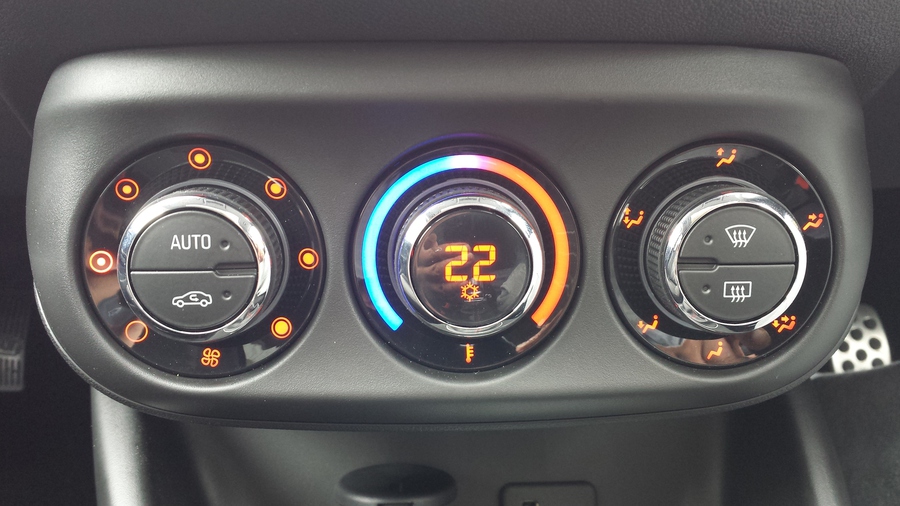Modern Car Air Conditioning Systems – What Brisbane Drivers Need to Know
Modern car air conditioning systems are sealed, high-efficiency units designed to operate reliably for many years without routine refrigerant replacement. Refrigerant does not get “used up” during normal operation.
If your vehicle’s air conditioning is not blowing cold air or refrigerant levels are found to be low, this usually indicates a leak or system fault. Many drivers search for a “car aircon regas in Brisbane” in this situation. However, under Australian regulations, automotive air conditioning systems must be properly inspected, leak-tested and repaired before any refrigerant can be replaced.
Our licensed automotive air conditioning technicians in Brisbane carry out comprehensive diagnostics, including:
-
Air conditioning performance testing
-
Leak detection and pressure testing
-
Compressor and component inspection
-
System fault diagnosis
-
Refrigerant replacement in accordance with ARC guidelines
Refrigerant is only replaced where necessary and only after faults have been identified and rectified.
This ensures your car air conditioning system is repaired correctly, operates efficiently, and remains compliant with Australian environmental regulations.
If your car air conditioning system is not performing as it should, book a professional air conditioning inspection in Brisbane to restore cooling performance safely and reliably.
Air conditioning fluid (refrigerant) has to be charged every so often.
No, today's air conditioning systems are made to last many years. The refrigerant used will not evaporate or get used up. If the system needs to be charged, it leaks and must be repaired. For more information, please check out our A/C Blog.
Air conditioning has not changed over the years.
The truth is, it has changed dramatically. The systems are much more efficient, smaller, use different refrigerants and require completely different service procedures and equipment to properly repair today’s systems.
For further information please check out our A/C Blog
Anyone from any repair shop can fix air conditioning.
Servicing an air conditioning system takes training, experience, and equipment. To service Auto A/C systems, technicians must be licensed and the business will diplay the relevant Refrigerant Trading Authorization number This ensures that only responsible technicians are servicing your A/C System
For further information please check out our A/C Blog
If my air conditioning lasts for the summer, I just have it recharged at the beginning of the summer.
When refrigerant leaks out of the system it also leaks oil out and just like an engine the air conditioning system has oil in it to lubricate the compressor and it’s associated parts. Just like an engine too much or too little oil is not a good thing. It’s impossible to know how much oil is in the system by just recharging. Also keep in mind the impact on the environment the refrigerant is having when you knowingly allow it to leak out.
For further information please check out our A/C Blog
Why can’t you use a 2nd hand (used) part for the repair?
You have no idea if that part is any good or not. We have seen many used parts installed only to find they are no good and must be replaced again. A used part is an unknown and nothing but a waste of money and time. They rarely represent true savings?
For further information please check out our A/C Blog
Why can’t you only replace the A/C Compressor and skip the receiver dryer and expansion valve?
The compressor in an A/C system is a precision made part. It is designed to work with a clean internal environment. If a compressor must be replaced it is because it has failed internally, the microscopic particles from that failure have contaminated the entire system and will cause the new compressor to fail quickly. That’s why any part of the system that cannot be cleaned must be replaced and the remainder of the system cleaned completely.
For further information please check out our A/C Blog
My A/C doesn’t work, how much will it cost to fix and how long will it take?
Unfortunately it is impossible to say without knowing what is wrong first. It may have a small leak in a hose or it may need to have the compressor replaced, two completely different repairs, two completely different price ranges and of course two different time frames.
For further information please check out our A/C Blog
Why is my Air Conditioner blowing hot/warm air? What’s wrong with it?
Could be a lot of things, low refrigerant, slipping belt, could also not be you’re A/C system, could be the engine is running a little hot, or the fan is not working properly. Again a professional trained technician can make the proper diagnosis.
For further information please check out our A/C Blog
Do you charge to test my Air Conditioner
Yes! Anyone that says “Free A/C Diagnostics” is misleading you, or won’t be in business very long. The workshop will have both, time and expensive equipment involved, to properly test and diagnose you A/C system. The fact of the matter is it costs to properly diagnose and A/C system. After all our aim is to find out what is wrong, so we can repair it properly for you
For further information please check out our A/C Blog
Windows down or A/C On?
Based on a study conducted by the Society of Automotive Engineers (SAE), driving with the windows up and the air conditioning on is typically a more fuel-efficient way to drive. We'll get around to discussing when air conditioning isn't a more efficient option, but let's first take a look at what the SAE found.
The SAE study was conducted at a General Motors wind tunnel and on a desert track. In the wind tunnel, air was forced over the front of the car and also from an angle on the front of the car to simulate a cross wind. In the desert, temperatures and vehicle speed were factored into the study. Two vehicles were used in the test, one was a full size SUV with an 8.1-liter V-8 engine and the other was a full-size sedan equipped with a 4.6-liter V-8 engine. Overall, both studies showed that driving with the windows down has a significant negative effect on the fuel efficiency -- more than using the vehicle's air conditioner.
For the sedan, when the windows were down, the efficiency was reduced by 20 percent, while the SUV fuel efficiency was reduced just 8 percent. These differences are an important factor in determining just how much the windows down option will affect the fuel efficiency of your vehicle. The study concluded that the more aerodynamic the vehicle, the more drag open windows will create.
When driving at speeds of more than 90 kilometers per hour with the windows down, there's a decrease in fuel efficiency of 20 percent or more. Although using the air conditioner decreases fuel efficiency as well, cooling the air through the compressor only decreases the fuel efficiency by about 10 percent.
So, when traveling at speeds around 80 kilometers per hour or faster, air conditioning is usually a better bet.
For further information please check out our A/C Blog
How to demist your windscreen in double-quick time
Here are our top tips on demisting your vehicle’s glass surfaces as quickly as possible: If your car has air conditioning, make sure it’s switched on and the heater blast is directed at the windscreen. Misting occurs by water vapour condensing on the screen – the air-con will dry out the air, removing any moisture. Use this in conjunction with the heater. Hot air will dry the glass a little through evaporation, but the air will then cool down and condense on the glass once more, so make sure the A-C is on to keep the atmosphere inside dry. If you’re windscreen is iced over, then the heat is obviously more necessary. Your body actually has an effect on your windscreen fogging up. Have you ever noticed that when its cold but your screen isn’t misty as soon as you get inside your vehicle it starts to steam over? It’s the same as blowing on a piece of glass…
Your body heats the air inside the cabin – as does your breath – increasing the amount of moisture it can hold. This means when it comes into contact with your windscreen it cools and condenses, forming a mist. Start the heater off cold, then slowly increase the temperature as the air dries out, rather than overloading the cabin with hot, ‘wet’ air. Try to find a temperature and humidity that’s comfortable but doesn’t mist up the cabin.



